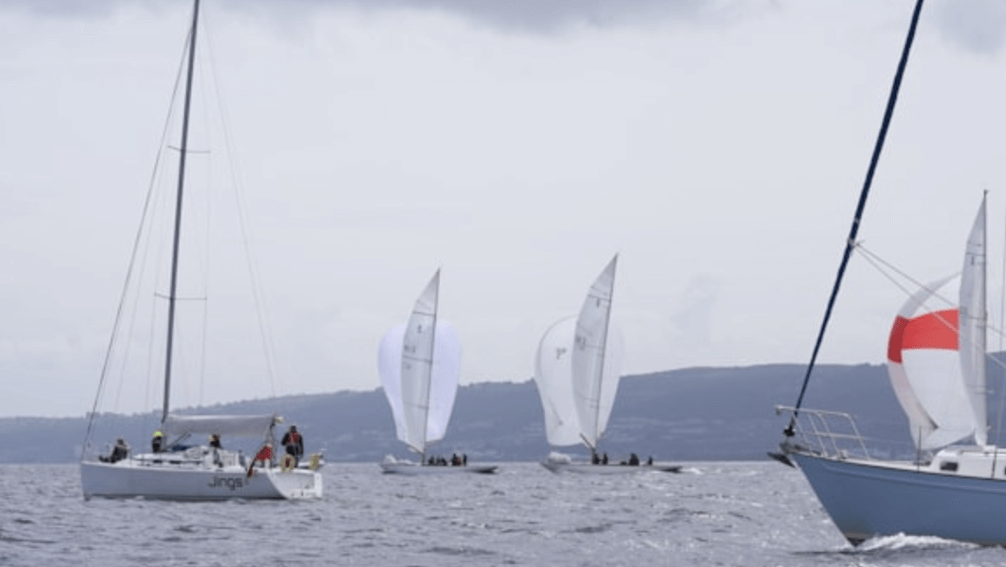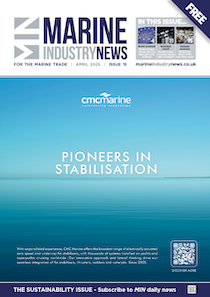Scotland’s recreational boating sector up in arms about Clyde boating fee proposal

Scotland’s recreational boating community has united in opposition to Peel Ports Clydeport’s proposal to introduce a conservancy fee for leisure craft operating in the Clydeport area. Concerns have been raised that the fee will restrict freedoms to sail in Scottish waters, harm marine tourism and impact small coastal communities.
“The area proposed to be subject to this new fee appears to be quite unprecedented in Scottish, and indeed UK terms,” says Alan Kohler from Cruising Association Celtic Section. “This covers a huge area of waters, most of which is not recognisable as a ‘harbour’ in common usage, and indeed much is, by contrast, remote and beautiful waters with minimal commercial traffic – such as the Kyles of Bute and the entire length of Loch Fyne.”
Kohler continues: “As cruising sailors, we don’t object to paying for services which we use. However, it is not clear what, if any, services Clydeport would actually provide to leisure craft in return for these proposed charges, particularly in the areas well away from the commercial shipping ports. A lot has changed in the wider Clyde since Clydeport was given such a wide remit in 1965.”
Chair of British Marine Scotland Sarah Kennedy says the members are ‘appalled’ by “the industry-destructive quasi tax. Members are so far unanimously opposed to the new charge.”
“There is significant concern that the proposed charge will likely impact up to 50 per cent of the boats in Scotland and in so doing, seriously damage Scotland’s marine tourism industry.”
The issue was discussed extensively at two meetings of the Scottish Parliament’s Cross-Party Group (CPG) on Recreational Boating and Marine Tourism (24 September and 27 November 2024) and despite invitations to attend, British Marine says that Peel Ports didn’t participate.
“Members of the CPG are particularly frustrated that Peel Ports have twice turned down invites to our meetings to explain their proposals, leading the sector to feel like this is being imposed upon them without their input,” says Stuart McMillan MSP, chair of the CPG. “While Peel Ports have said that they plan to begin their consultation with the sector after the New Year, boaters feel like they have been treated with contempt. . . the volume of correspondence and level of anger from the sector is nothing like I have seen before.”
MIN has contacted Peel Ports for comment.
Kenneth Gibson MSP for Cunninghame North, says that the last thing the sector needs is for recreational boaters to be targeted with an unjustified and extortionate fee. “The recreational boating sector contributes significantly to Scotland’s coastal communities,” Gibson says.
“The Clyde’s waters belong to the people of Scotland – not corporate interests looking to squeeze every penny out of those who enjoy and rely on them. This ill-conceived plan should be abandoned immediately.”

Key concerns from the boating community and related businesses revolve around economic impacts, lack of transparency and an inequitable burden with many feeling the fee targets small leisure craft rather than larger vessels.
“This is not about recreational boaters being unwilling to pay for their pastime – sailors have always expected to pay for harbour, berthing and mooring fees,” says Finlo Cottier, CEO of RYA Scotland. “This is about the imposition of a fee with no clear provision of service or facility across a huge part of the recreational boating community.
“Peel Ports have tried to equate the proposed fee to those applied in other harbours across the UK, but this does not stand up to scrutiny. The Clyde is unique in the UK in its size and character, and the Clydeport area which Peel Port controls extends well beyond the commercial shipping channels.”
Stakeholders have urged Peel Ports to abandon the proposed fee or, at a minimum, conduct genuine consultations with all relevant parties, including RYA Scotland, Sail Scotland and British Marine Scotland.
The recreational boating sector is rallying to protect Scotland’s waters, ensuring they remain accessible for locals and visitors alike.
Boat fees have been rising around the globe. Boat licence fees for many of the UK’s inland waterways are increasing in April 2025, and earlier this year, the Boating Industry Association in Australia was battling with the New South Wales government about planned increases to boating fees.
Images courtesy of Rhu Marina.











